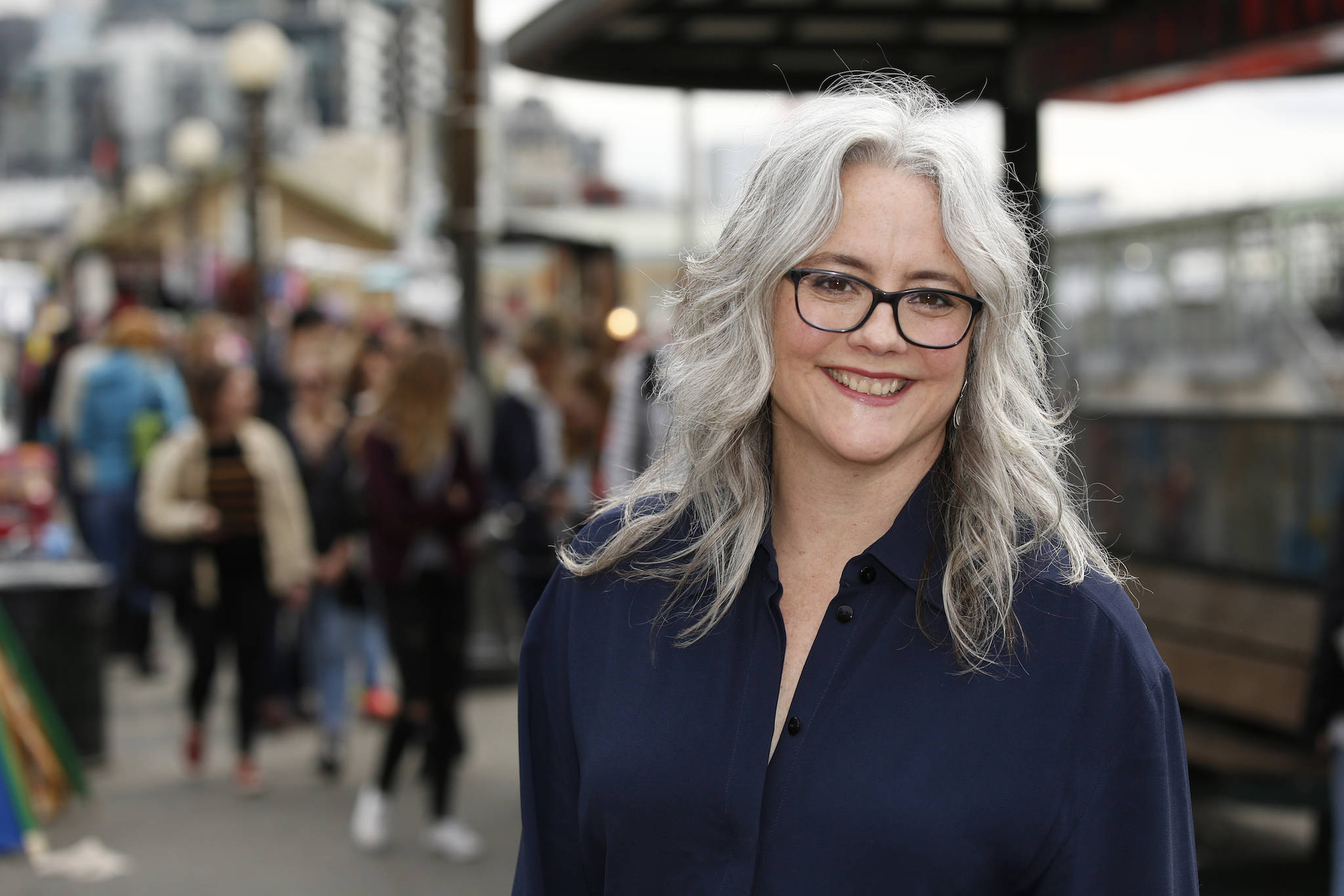With the announcement that he would be dropping his bid for re-election behind him, Seattle Mayor Ed Murray is now facing calls from two of the race’s remaining candidates to go farther and relinquish his office immediately.
Previously, Gender Justice League director Danni Askini had called for his resignation on the grounds that allegations that the mayor sexually abused teen boys decades ago, and the scandal around it, will distract from city business and pain survivors as long as he remains in office. The call, now echoed by mayoral candidates Mike McGinn and Cary Moon, focuses on Murray’s response to the allegations—in particular, the fact that Murray pointed to his accusers’ criminal histories as reason to doubt them—which they say has made him unfit to lead a city that is home to many survivors of sexual violence.
In a statement Tuesday morning reacting to the news that Murray has dropped out of the race, Moon thanked the mayor for his service, then said, “I believe it’s in the best interests of everyone—especially the many survivors of sexual assault re-experiencing their own traumas—for the Mayor to step down now so that City Hall can get back to work. An aggressive legal fight, where Mayor Murray feels compelled to use all the power of his position as a public official to demean and even silence his accusers, is deeply divisive to our community and triggering for survivors of sexual assault. Whatever the outcome of the judicial process, it’s not appropriate for a public official to do this while serving as the leader of our city.”
But would this really help the city? If the mayor resigns, it will create a leadership vacuum. Council President Bruce Harrell would become mayor and take control of Murray’s administration, and the council would select a replacement to finish Harrell’s term. In that case, both the mayor’s throne and a city council seat would be filled by newcomers occupying someone else’s office and staff. As we wrote in this week’s editorial, “It’s hard to imagine how Council President Bruce Harrell, who would take his place, would be more effective (that’s not a dig on Harrell, but on the reality of any Councilmember getting shuttled to the seventh floor of City Hall for seven months of work).”
Asked by Seattle Weekly whether Murray’s resignation would disrupt city business more than him finishing his term, Moon said, “I think the mayor fortunately has surrounded himself…by really great people, and I think we can count on the staff of the city to step up…and keep their eye on the ball without him.”
McGinn was more concise, thanks to the discipline of Twitter:
In order to focus on the future, for the sake of survivors & the city, I feel @mayoredmurray should resign.
— Mike McGinn (@mayormcginn) May 9, 2017
He also suggested Murray donate his remaining campaign funds to a charity that supports survivors of sexual abuse.
Jeff Reading, spokesperson for Murray, responded Tuesday to both candidates: “Mayor Murray will remain mayor until the end of his term, as he said today. Mayor Murray selflessly removed himself from the mayor’s race to allow the campaign to focus on the issues that matter most to the future of this city. Mike McGinn and Cary Moon should use this moment to promote their visions for the city around affordability, equity, growth, transportation, livability and homelessness. Instead, McGinn and Moon are trying — nakedly, opportunistically, and belatedly— to extract political advantage from the allegations against the mayor. McGinn and Moon would do better to focus on how their shared, failed ‘lesser Seattle’ visions will not cancel each other out in the primary rather than cling to desperate attacks against someone who is no longer a candidate in the race.”
McGinn says that another reason for Murray to step down is that there’s a potential conflict of interest between a his mayoral duties and a proposed legal defense fund to help him pay for his court defense. Murray’s supporters have sent a letter to the Seattle Ethics and Election Commission (SEEC) asking for an advisory opinion on whether such a fund would be ethically acceptable. The Seattle Times published the letter here.
“Ed is seeking permission to have a legal defense fund, in which donors can give unlimited amounts,” said McGinn. “I know they claim it would be anonymous, but it defies common sense to think that someone making large contributions couldn’t find a way to make sure that the mayor knew about it. That’s an inappropriate conflict” of interest, he said, “for Ed Murray’s surrogates to be raising unlimited, anonymous donations while Ed Murray is still making important decisions that might affect those donors.”
The SEEC will meet on Tuesday to discuss whether the proposed legal fund for Murray violates ethical rules.
cjaywork@seattleweekly.com








